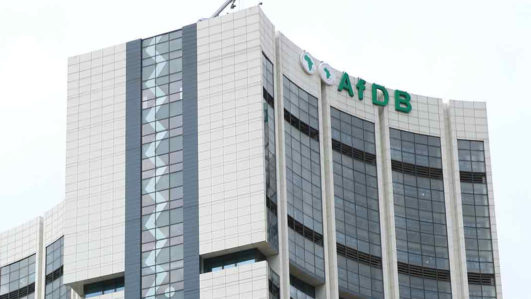South Africa has secured a $474.6 million loan from the African Development Bank (AfDB) to fast-track its green energy ambitions and overhaul its aging infrastructure.
Announced on Tuesday, the deal is part of the country’s broader push toward a just energy transition, as it battles persistent power outages and transport breakdowns.
Under the Infrastructure Governance and Green Growth Programme (IGGGP), the new financing supports South Africa’s plan to restructure its power sector, ramp up low-carbon manufacturing, and modernise freight transport while creating jobs and promoting inclusive growth.
Powering the just energy transition in South Africa
The AfDB loan builds on a previous $300 million facility that laid the groundwork for energy reforms in 2023. With this latest boost, South Africa aims to strengthen grid resilience, expand renewables, and attract private investment into green technologies such as electric vehicles and green hydrogen.
Finance Minister Enoch Godongwana praised the partnership, saying it gives South Africa the momentum needed to deliver on its climate goals while fixing critical infrastructure.
“Our country faces the significant challenge of energy shortages,” Godongwana said, “leading to loadshedding, as well as significant transport bottlenecks, which have been detrimental to growing our economy and achieving our developmental aspirations.”
The IGGGP goes beyond energy reform. It also promotes skills training and job creation, focusing on women and youth.
The Social Employment Fund, for instance, will reserve 70 percent of its roles for women, and new tech-focused training initiatives will prepare young South Africans for opportunities in the green economy.
A multibillion-Dollar global effort for South Africa’s green growth
The AfDB’s support is part of a much larger international financing package worth nearly $2.8 billion. This includes $1.5 billion from the World Bank, €500 million from Germany’s KfW, $200 million from Japan’s JICA, and another $150 million expected from the OPEC Fund.
Kennedy Mbekeani, AfDB’s Southern Africa Director General, called the programme “a blueprint for Africa’s energy future,” adding that South Africa’s experience could inspire similar efforts across the continent.
At the heart of the plan is a three-pronged approach to fixing the energy supply, greening the industrial base, and improving transport.
This means separating power generation from transmission, reviving freight rail, and investing in energy-efficient transport systems.
The programme also aligns with South Africa’s Paris Agreement targets to slash carbon emissions to between 350–420 million tons by 2030.
A test case for green development in Africa
As South Africa holds the G20 presidency this year, the success of its green transition will likely influence climate finance conversations globally. With international partners backing its efforts and a clear strategy in place, the country is positioning itself as a leader in sustainable infrastructure on the continent.
If it works, this could be the model Africa needs to turn climate goals into real economic wins.















